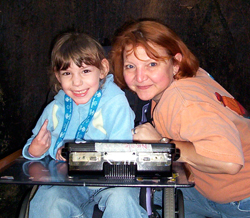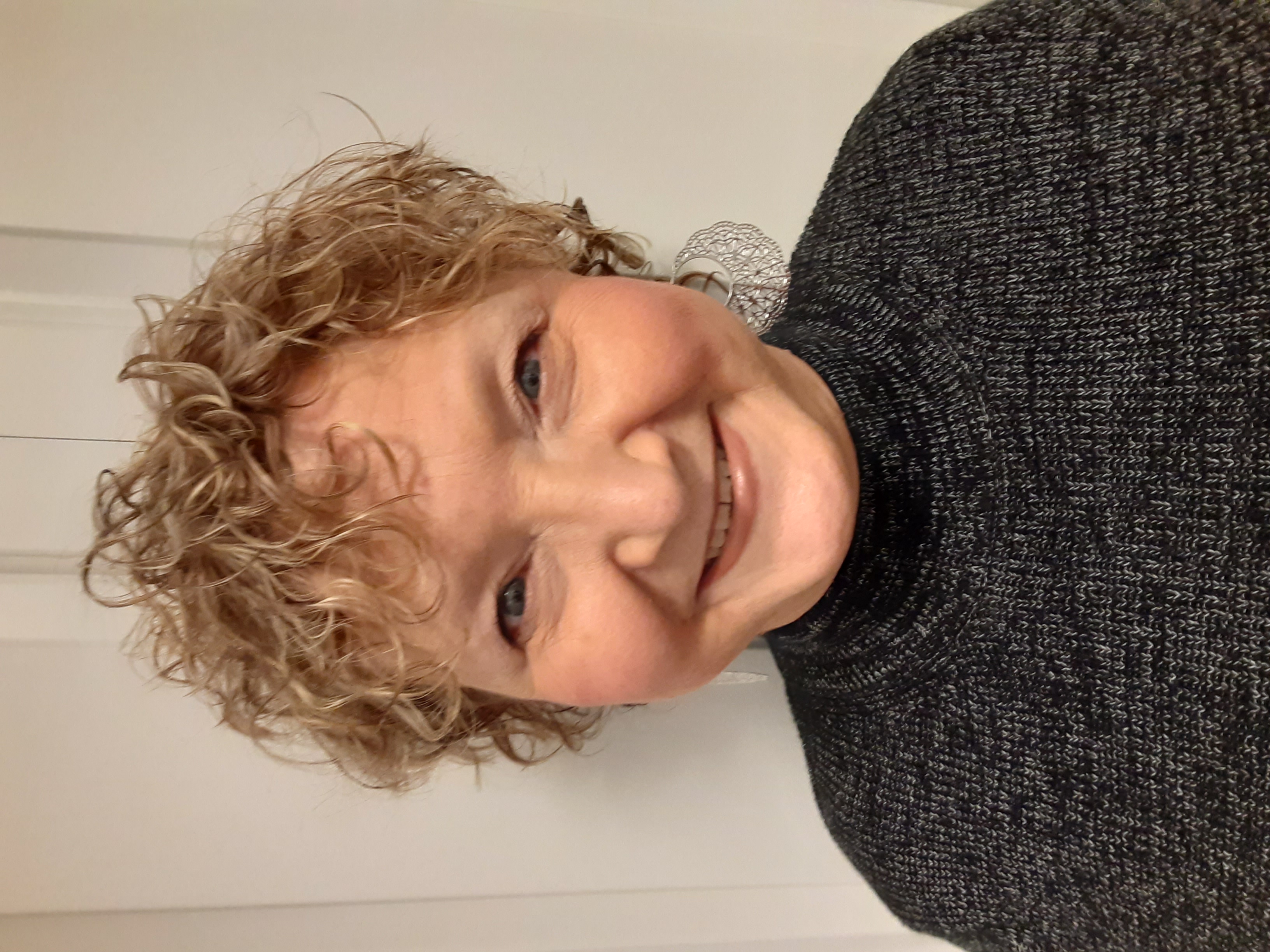Paraprofessionals in the Classroom
5/28/2016 2:32 AM
When I am introduced to audiences, I try to listen carefully to what my host has chosen to read from my bio that is on my website. Sometimes they are a colleague and I have to stop them before embarrassing stories are told, and sometimes the person and I have no shared history, and they begin reading from their edited version of the website's narrative. What I am listening for is - do they tell the audience that I began my career as a paraprofessional? or as a para-educator, teaching assistant, or whatever the terminology is in their agency or school setting? Sometimes they totally skip over that portion of my work career and I try at some point in the presentation to work it into the dialog. I may even fit it in that I really began my work with individuals with disabilities in the summer of 7th grade when I started as a camp counselor for Easter Seals. I also try to distinguish between my working life with individuals with disabilities; in my immediate and extended family there have always been individuals with disabilities that I've grown up with at the table, at holidays, how do you get from one place to another in the mall? on vacation? and at who's speed? what happens when not everyone in the family wants to be in the family picture? well, we learn to tell all the auntie and uncles, that's okay... I digress.
I find that it's an important viewpoint where we start our connection to individuals with complex communication needs. It impacts our perspective as we move forward in our career. And every experience adds to that perspective. And in this area of working with children and young adults with complex communication needs, starting your career life out as a one-on-one aide, para, or "whatever they want to call you", often leaves you in an in-between place of knowing more in many aspects of what is going on with your child/student; sometimes even more about the technology than the professionals that are on that same child's team. It can be an awkward place, a and a lonely place to be. Paraprofessionals are often connected to one student, a small group or one classroom of students, so they have a strong connection to that set of students. As everyone else, we learn "our ways" of doing things that get children/students through the day as successfully as possible. And altering any established pattern for anyone, adult or child, can be difficult, if not traumatic, depending upon how much time and energy, effort and yes, caring and love has been put into setting up that routine or pattern of doing things.
As a paraprofessional I took great pride in learning the small ways, the subtitle ways of how my students communicated. Because myself and the other paras were the ones getting the kids off the buses, or out of their parents' vans, their parents were communicating messages directly to me, and I was able to ask clarifying questions. for example... "When he flaps his hand over to the left, what does that mean? he does it a lot when we are on the floor." And that parent might say, "Oh, he does that when he would rather be up in his wheelchair than on the floor where it's harder to move around on his own." In my role as a para, I was finding this out so that I could help them better when it seemed as though they were uncomfortable or unhappy; sometimes anything to stop a crying outburst. I often didn't realize that this was information that the professional team would find valuable as well. And, if the SLP or someone would suggest that I have that student tell me "I want wheelchair" in another way (such as using a device or passing a symbol, etc) I'm sure I was saying to them, "no, that's okay, all he has to do is flap his hand and I go get his chair - it's easier that way." I understand him, he doesn't need that machine with me. ((Lightbulb moment))
For me, it was much better when the teacher or SLP didn't just tell me what to do and then hand me the assistive technology item and walk away. If they had a new AAC strategy to try, they would sit beside or behind me with my student and talk me through using it, or they would have started to use that device, or symbol, or low tech item in their practice with the child, so I could see what they were expecting. I could then see what they were doing and how the child/student responded with them in various situations. As I began my career as a Special Education Teacher and then as an Instructional Technology staff person, and later as an Assistive Technology consultant, I tried not to become a part of what I had once called "the Drop-and-Run-Gang". I had always thought that it was interesting that as the parapro here I was with a "lesser" position and yet, I was the one having to figure out how to make all the technology work for my student(s). In my job today, I try to remember that as I go into other people's classrooms and see that ParaEducator or One-on-One who is getting handed the new technology gadget that someone else decided to buy, probably without any input from them.
No, it isn't all that bad - there are great teams that fully include their parapros out there. it's about perspective. One of the best statements I've heard along my path in educating adults is "Our Beliefs are Interpretations of our own Experiences; if you want to Change or Alter in any way someone's Beliefs, you have to First Alter their Experience, you can't just Tell them about it."
It's not an exact quote, and I can't remember the source... someone will be better than I on Google and find it - I just keep running into websites that want to sell me books about my consciousness....But, this is why so much of the training that I do is helping people through planning for implementation and then supporting those same people through it. Sometimes what you need to know is just longer than a one hour webinar; and it isn't sitting down for a full day workshop either...

This post is part of the collection



Your message about "... when you take the time to show them something and talk about it, you get much better result..." hits home and rings true with me. As I mentioned in the intro to this Collection, I started out as ParaPro. I worked for 3 different teachers. For one teacher, I was pretty much the "bathroom parapro"; she was a new teacher in her first classroom job and although I was a parapro, I was also a new teacher getting my foot in the door by being a parapro in a part of the state that I had just moved into. It may have been easier for her to keep me and my suggestions out of her room by occupying my time with the on-going body care of the kiddos in her room, rather than any other type of activities.
The second teacher that I worked for was in a class for 3 year olds. She utilized my teaching degree and in addition to childcare duties, I also did one-on-one testing of students when that time came around. For this teacher each day was something new, there was a basic schedule, but I was told on the spot what I was doing, with little background. It was definitely more fun to work in her room, althrough I recognize now what a rollacoaster ride we were on everyday.
In my last parapro position, I worked in a transitional kindergarten room with a teacher that set up the room under the Montessori principles. And as she planned for the children to go through the day, she prepared me for various events that may come up with scenarios of guiding a child's learning or steering them to another path. I learned a lot from that teacher and I was ever so glad that she was also one of the classrooms that I first worked in as an Instructional Media Specialist (what they called us before Assistive Technology Consultant became the terms...).
Never underestimate the power of giving people just a little bit of the background knowledge when giving them the steps of the "to do" plan. As was mentioned above... "you may get better results". And for me, explaining less over time and allowing others to contribute to the plan, especially if they are in the day-to-day implmentation of it, more than you. is critical.
Kelly Fonner - 6/10/2016